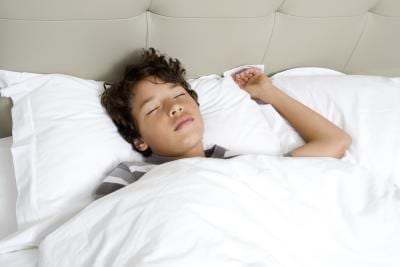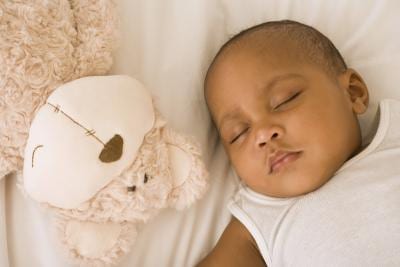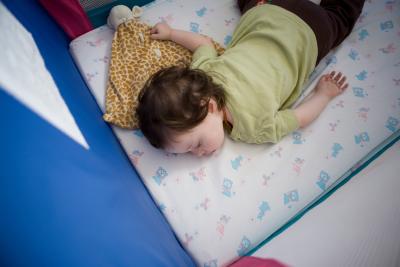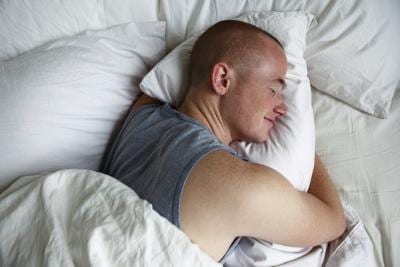Search Results for: obstruct patterns
Childhood Sleep Apnea Symptoms
Brief pauses in breathing during the wakeful hours are typically not problematic. These brief pauses are called apnea. When the apnea happens to someone asleep, it’s called sleep apnea, and it can cause disruptions in sleep patterns. Childhood sleep apnea can result from obstructions such as enlarged tonsils or adenoids. Parents and caregivers can benefit from knowing the signs and symptoms of childhood sleep apnea.
Sleep Disturbance in Children
Some children sleep soundly from the moment their heads hit the pillow until the sun peeks through their window the next day, but others’ nights are filled with the fitful waking associated with sleep disturbances. If your child seems unable to make it through a night without the occasional wake up, consider what factors may be leading him to lose out on sleep as well as what you can do to help.
Toddler Sleep Disorders
A toddler’s sleep problems may not necessarily be due to a physiological disorder. In fact, a child is more likely to have a difficult time sleeping when a regular bedtime routine is not followed. Many infants and young toddlers simply need time to develop a good sleeping pattern. Because toddlers continue to spend more time in light REM sleep than older children, they tend to wake more often through the night.
Natural Remedies for Sleep Apnea
Sleep apnea is a condition in which a patient stops breathing momentarily while sleeping. Once his brain notices the lack of oxygen, it wakes him up to grab some air. This cycle leads to restless sleep, a lack of oxygen and stress on the heart. Consult your doctor to see if intervention is necessary. Meanwhile, make some basic changes throughout your night and day to ensure more restful sleep.




